Here International Water Power & Construction speaks with four women pioneering water power about their experiences in the industry
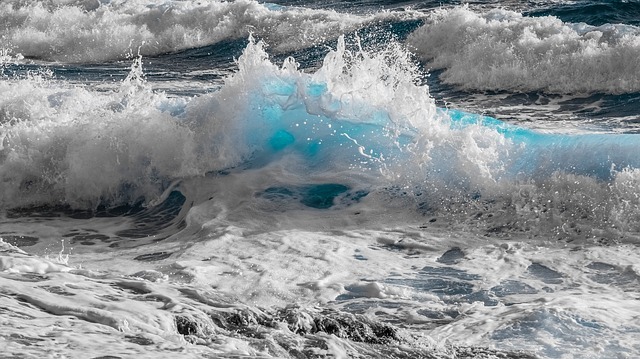
Credit: Dimitris Vetsikas/Pixabay
The US Department of Energy (DOE) says it is committed to increasing the participation of women and girls in the energy sector, and water power is no different.
Its network of national laboratories, marine scientists, engineers, economists, biologists and policy analysts work together every day to advance research and development in water power technologies.
The department highlighted several women from these institutions as particularly representative of the success it is aiming to achieve – here International Water Power & Construction speaks with four of them to learn more.
Women in water power
Marisol Bonnet
Marisol Bonnet is a project manager for Allegheny Science and Technology in support of DOE’s Water Power Technologies Office, where she manages laboratory and industry projects in the technology development portfolio.
With a bachelor’s degree in environmental engineering from the City College of New York, she is originally from Puerto Rico.
“I constantly find myself looking around the room at meetings where I am the only women,” she says.
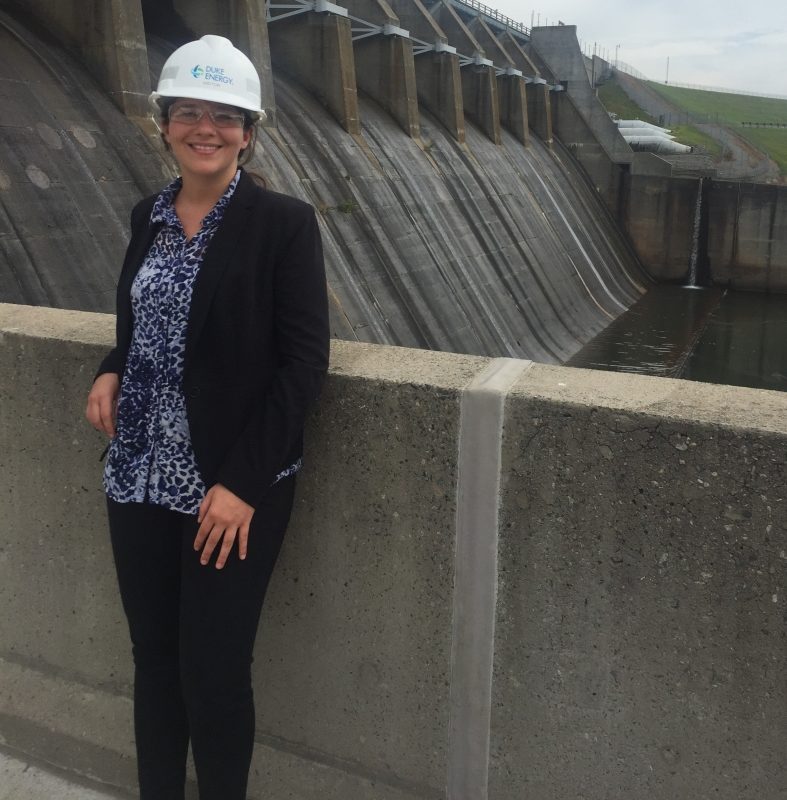
“I had an experience in my career where I was delegated tasks that were never passed onto my male engineer counterparts, such as booking lunch reservations or routing around birthday cards.
“I often feel pressure to work extra hard to prove myself (and women and Latinas in general).
“I also find that gender, nationality and language differences make it challenging to build those crucial relationships that are a big component of moving up in a career.
“We need more women and diversity in the STEM field – women do belong in STEM and it is the diversity in opinions, upbringings and ideas that will continue pushing technology forward.”
Andrea Copping
Andrea Copping is a senior research scientist at Pacific Northwest National Laboratory (PNNL).
She leads a group applying risk-based approaches to evaluate any potential environmental effects of marine energy and offshore wind, to facilitate establishing these industries responsibly in the US and internationally.
Copping also leads efforts at PNNL on providing power to the blue economy from marine energy.
She is a distinguished faculty fellow at the University of Washington, working with graduate students and faculty on renewable energy and climate change.
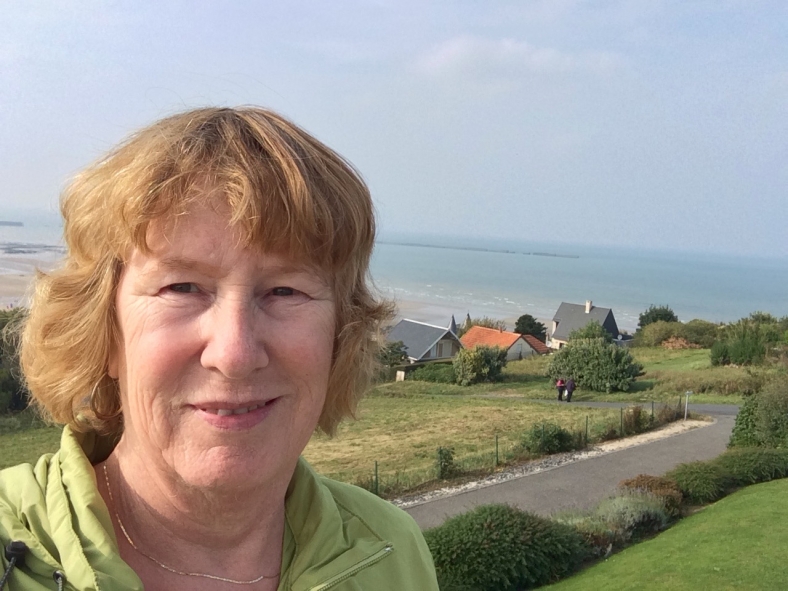
Copping says that she came into ocean sciences when there were still few women in the field and few female role models.
“Sometimes I think I am a little stronger and more aware of disparities because of the challenges I have experienced,” she explains.
“I’m passionate about ensuring that younger women are treated as equals and not discriminated against or condescended to, especially as my daughter is now also a scientist.
“Do not let anyone tell you that you cannot do it, that you are not up to it, or that you are not equal of anyone else.
Alison LaBonte
Alison LaBonte is now a supervisor for California Public Utilities Commission, and is working to meet California’s aggressive climate goals.
She previously worked as programme nanager of DOE’s Marine and Hydrokinetic Technology Programme.
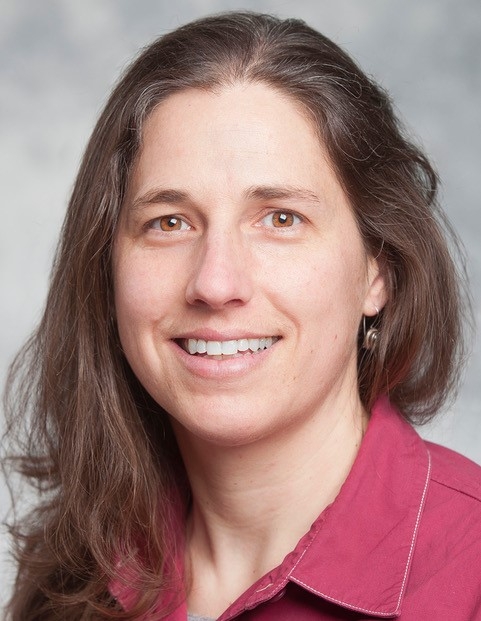
“Throughout my schooling and career, I had a case of ‘imposter syndrome’ – the feeling that my career was achieved by luck, or that hiring managers were somehow fooled into thinking I was the right person for the job,” LaBonte says.
“With each significant career transition I successfully make, I rediscover that I’m just as competent and capable as my peers.
“Confidence is something that can be eventually be learned over time.”
Dana McCoskey
Dana McCoskey is a senior environmental Analyst for Allegheny Science and Technology, and is a contractor supporting DOE’s Water Power Technologies Office’s Hydropower and Marine Energy Programmes where she manages laboratory and industry environmental research projects.
She has degrees in Zoology and Environmental Science.
On the topic of whether being a woman has impacted her career in any way, McCoskey says: “It made me feel like I always had to work harder or longer or volunteer for the jobs that no one else wanted to do.
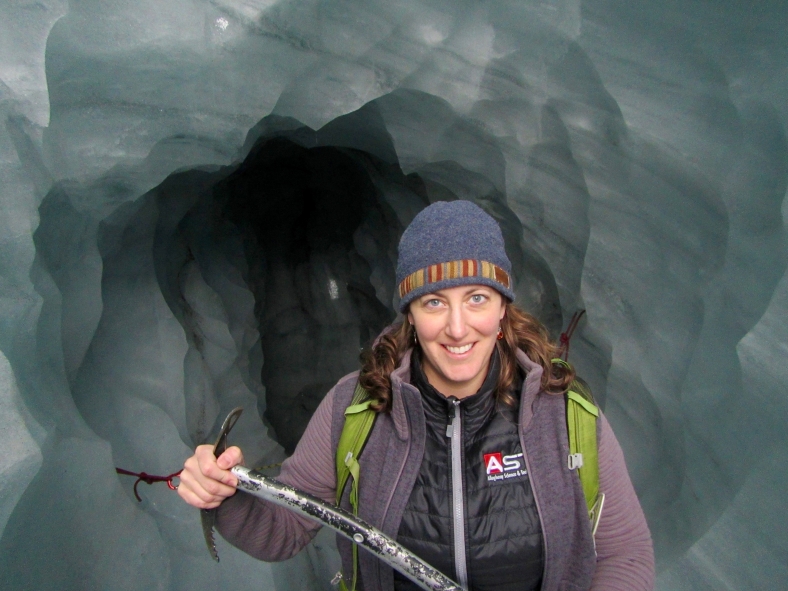
“I have had jobs where I was the only woman in large groups of men or when I was the supervisor of such groups.
“I have experienced various types of discrimination but I have also met numerous forward-thinking people who want to identify, confront and address discrimination to make the workplace more diverse, inclusive and equitable.”
